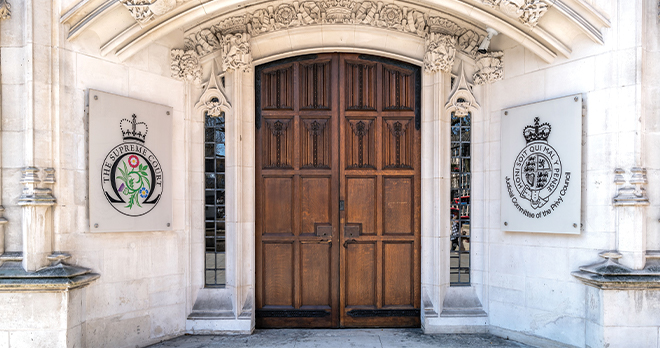Chancellor Jeremy Hunt has announced major increases to UK minimum wage rates applicable from April 2024

In a bid to resolve the difficulties faced by people in low paid jobs, the Government has today announced its acceptance of the Low Pay Commission’s recommendations by confirming a 9.8% increase to the National Living Wage (NLW) for those aged 21 and over. The new hourly rate for those in this age bracket shall increase to £11.44 from April 2024.
The NLW is currently the statutory minimum wage for workers aged 23 and over. Following the changes, the current age threshold will be reduced to those aged 21 and over from April 2024. Younger workers are set to benefit significantly from these changes, although different minimum wage rates will continue to apply to 18–20-year-olds, 16-17 years old and apprentices aged under 19 or in the first year of an apprenticeship.
Minimum wage rates from April 2024
| NMW rate | Annual increase (£) | Annual increase (per cent) | |
| National Living Wage (for those aged 21 and over) | £11.44 | 1.02 | 9.8 |
| 21–22-Year-Old Rate | £11.44 | 1.26 | 12.4 |
| 18–20-Year-Old Rate | £8.60 | 1.11 | 14.8 |
| 16–17-Year-Old Rate | £6.40 | 1.12 | 21.2 |
| Apprentice Rate | £6.40 | 1.12 | 21.2 |
| Accommodation Offset | £9.99 | 0.89 | 9.8 |
The changes will see the largest ever cash increase to the minimum wage in more than a decade, enhancing the wages of almost three million workers in the United Kingdom. With the costs of living continuing to rise and inflation still running at 4.6%, these increased rates are welcome. That said, the changes will undoubtedly impact certain economic sectors and businesses more so than others.
The effects of an increase to labour costs will be noted amongst larger businesses but inevitably will be more obvious within smaller businesses and those operating within the social care, hospitality, retail, and food manufacturing sectors.
Obligations on you as employer to pay the National Living Wage
Employers must be aware that it is a criminal offence not to pay someone the National Minimum Wage. If you discover that you have not paid a worker the correct minimum wage corrective action must be taken immediately. The potential consequences of failing to pay the minimum wage include a government issued fine and offenders may also be named by the government.
National Living Wage: top tips for employers
- Start planning workforce budgets now to factor in increased labour costs.
- Keep on top of payroll practices and maintain up to date and accurate payroll records, agreements about working hours and pay as evidence that you are paying employees the minimum wage. Such records must be kept for at least 6 years if they were created on or after 1 April 2021.
- Monitor working hours accurately – even for salaried workers with fixed hours. It is still possible for a salaried worker to be paid less than the minimum wage if they work above their contractual hours without additional remuneration.
- Stay informed about new NLW rates and annually review the pay received by younger workers to ensure that they are receiving the correct rate for their age.
- Train managers and HR personnel to ensure that they are aware of the Company’s legal obligations as employer to prevent unintentional breaches of the minimum rates.
- Take caution when making deductions from employee wages by ensuring that such deductions are lawful and do not result in pay falling below NLW.
- Ensure that you have a high performing workforce and that any performance concerns are managed appropriately
- Seek professional advice and support if in doubt.
For more information or assistance about any aspect of NLW compliance please contact the Employment Team at RWK Goodman.
Legal insight from our employment law experts
View more articles related to Employment















